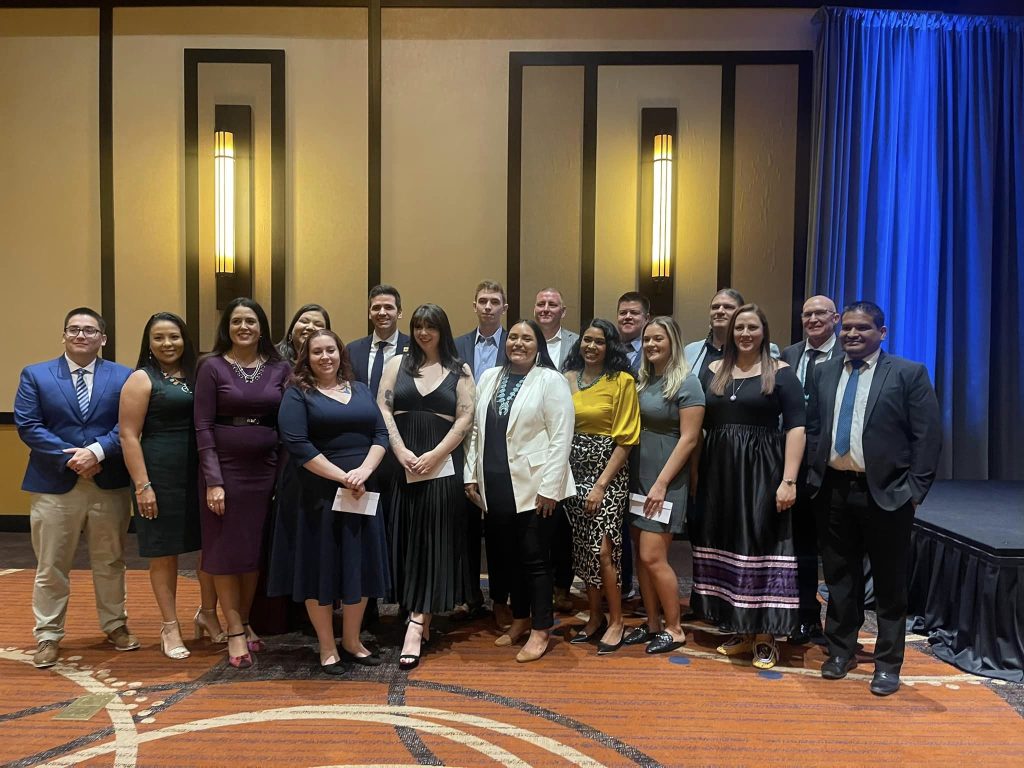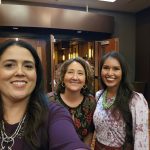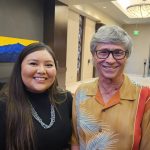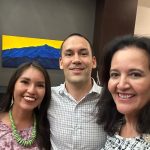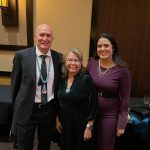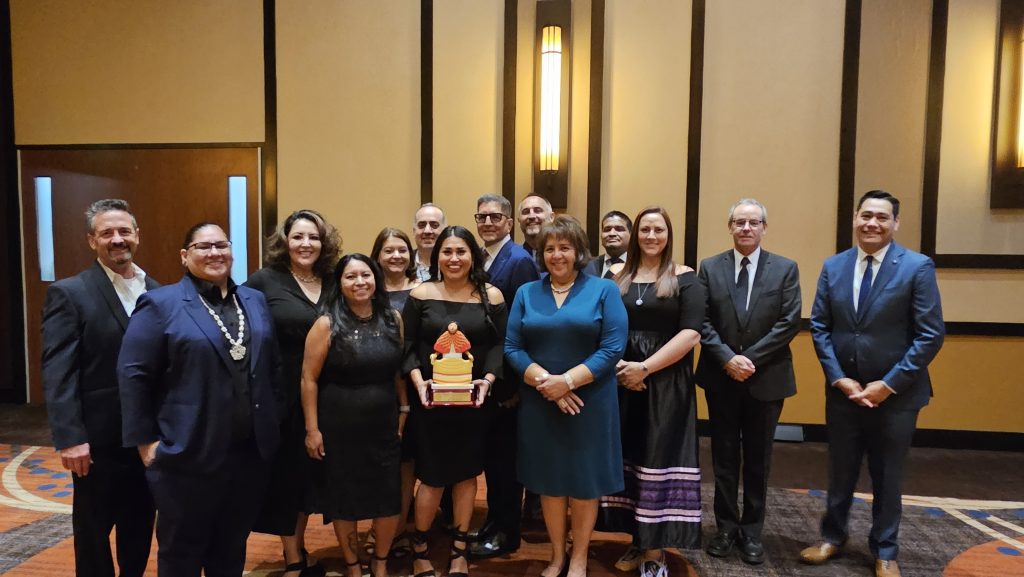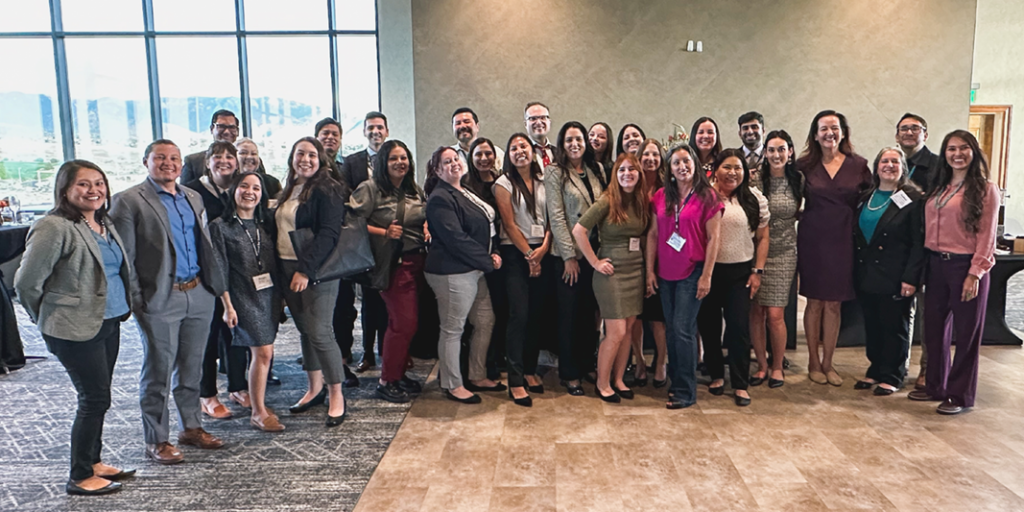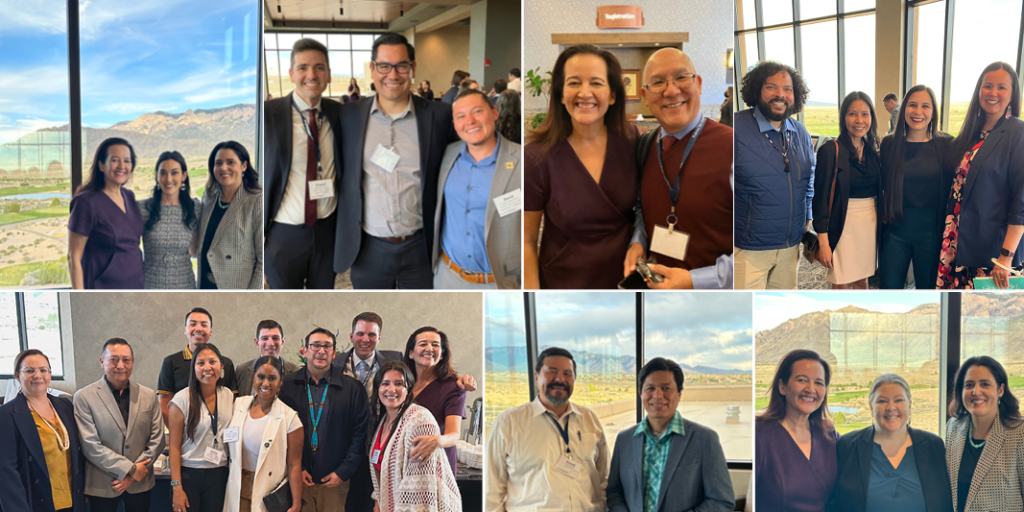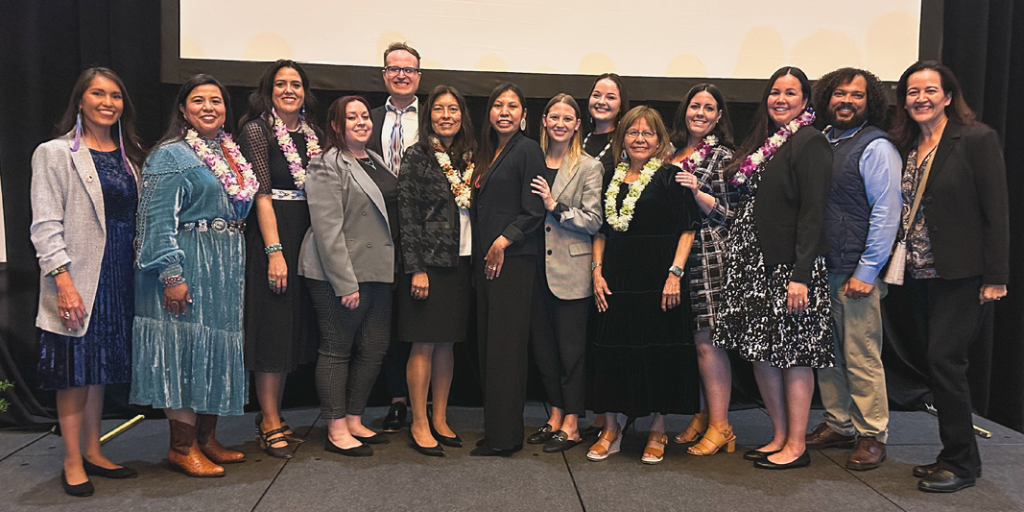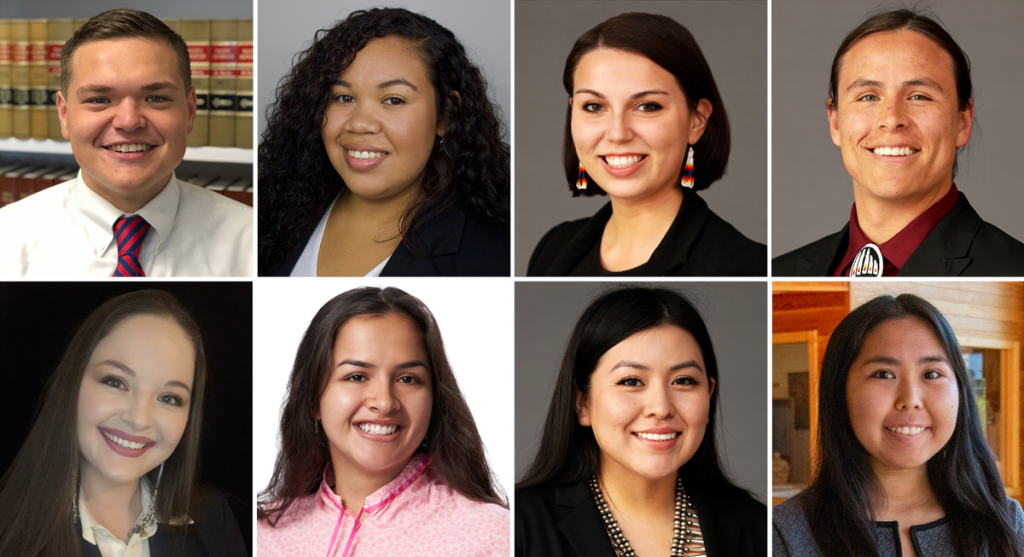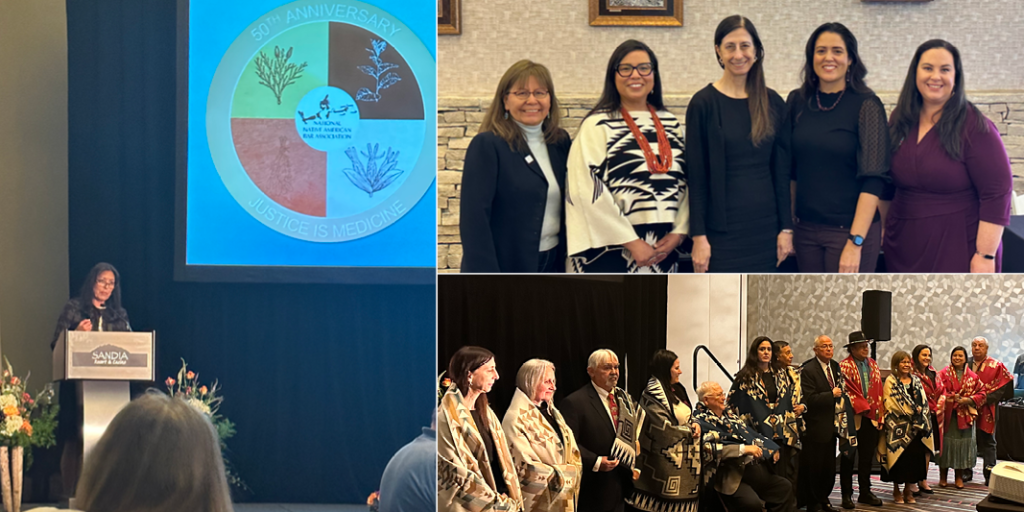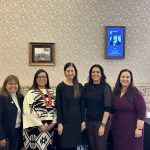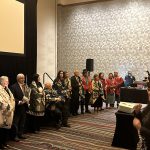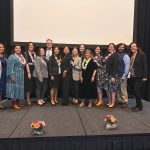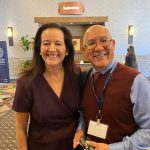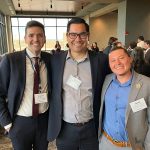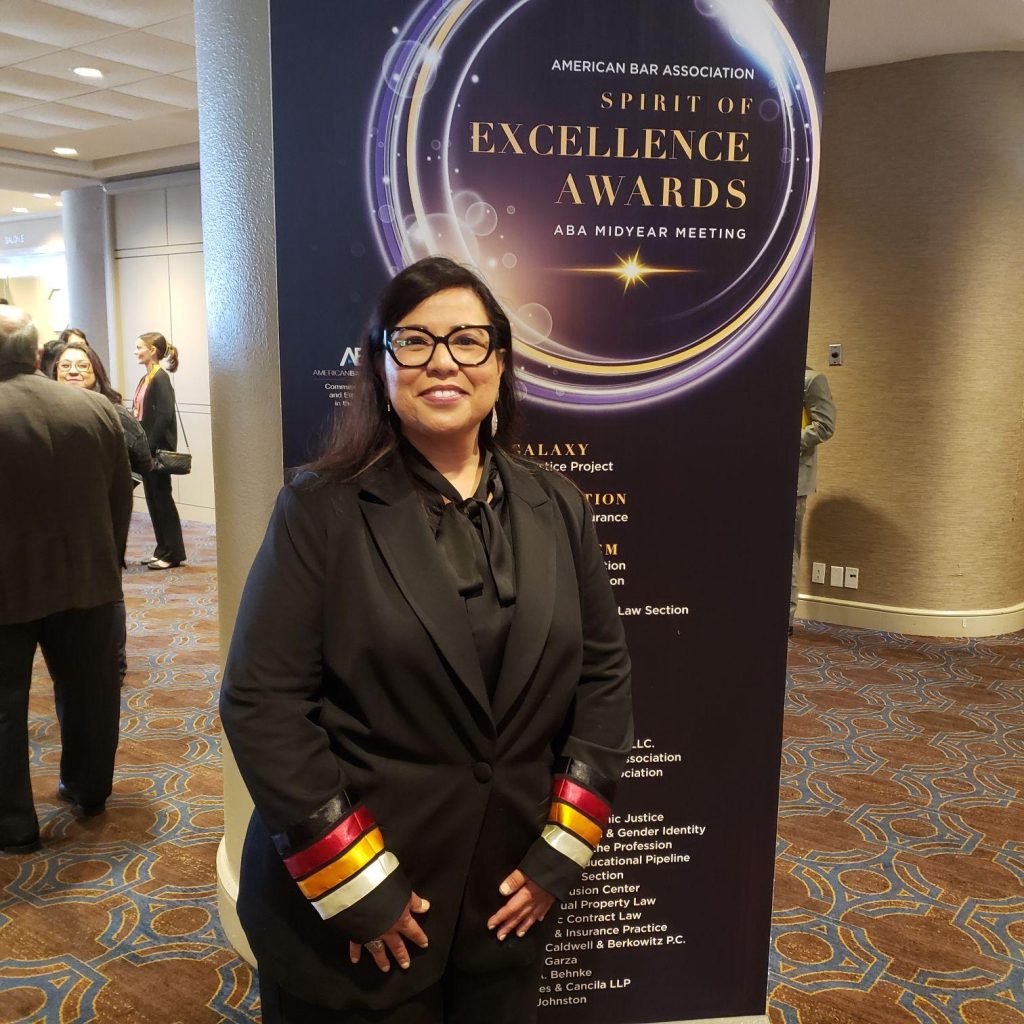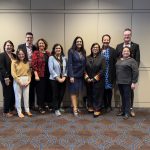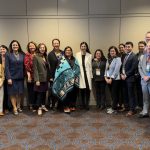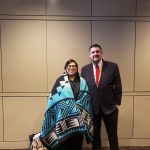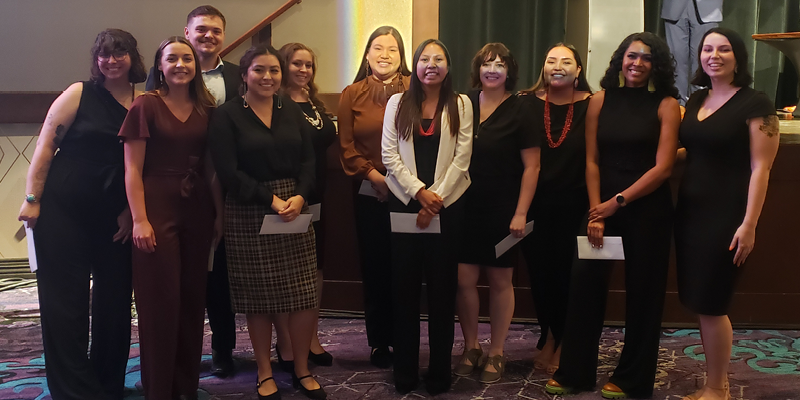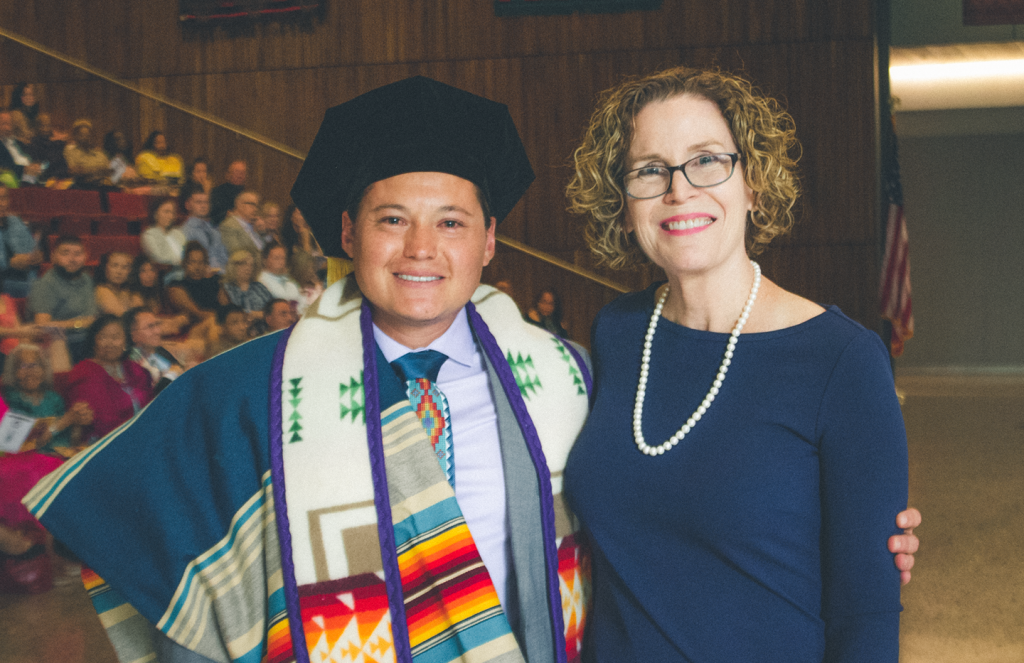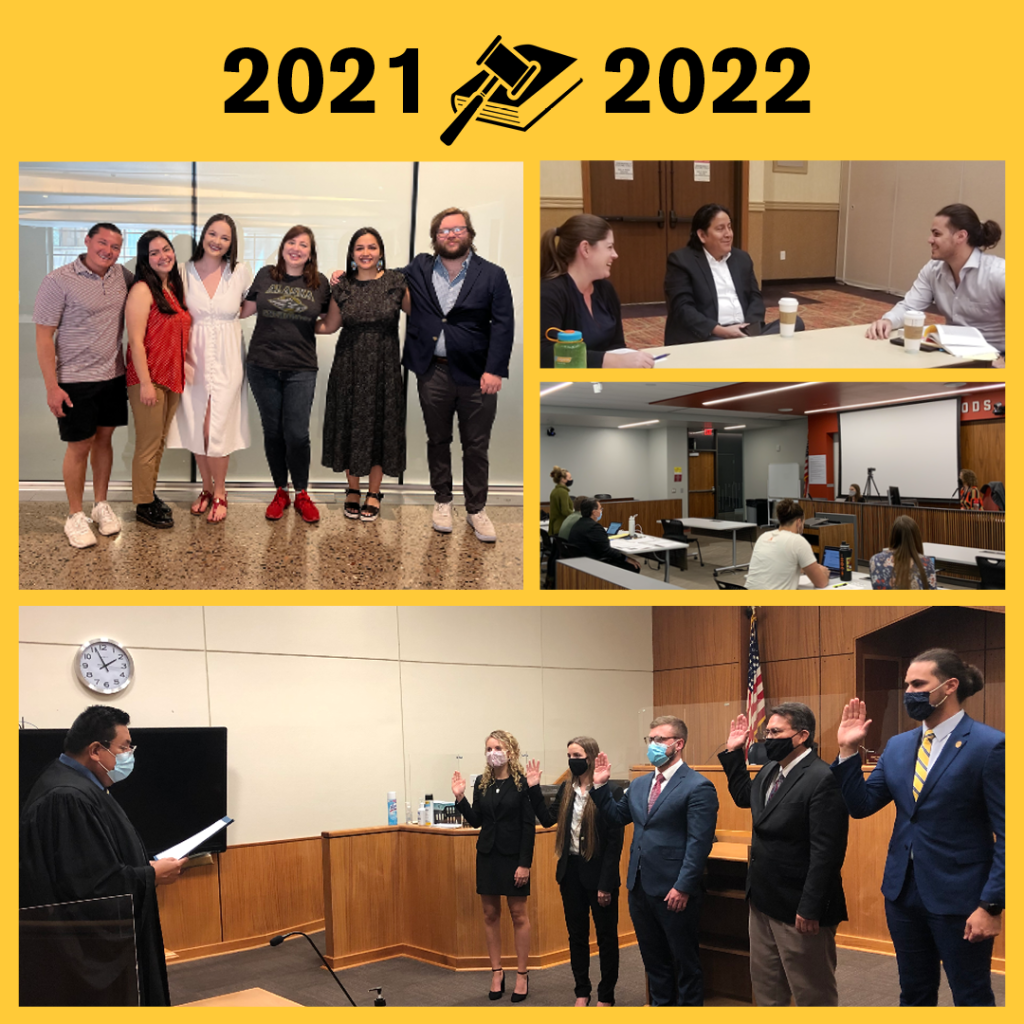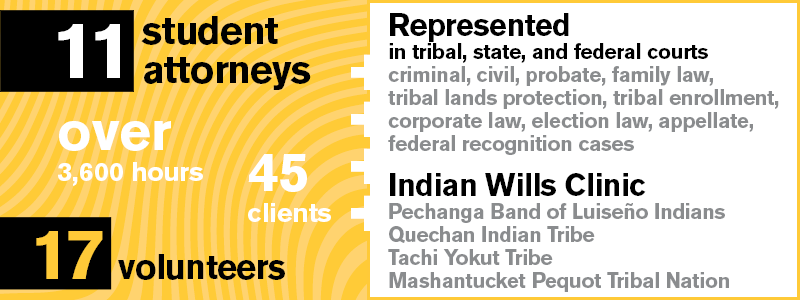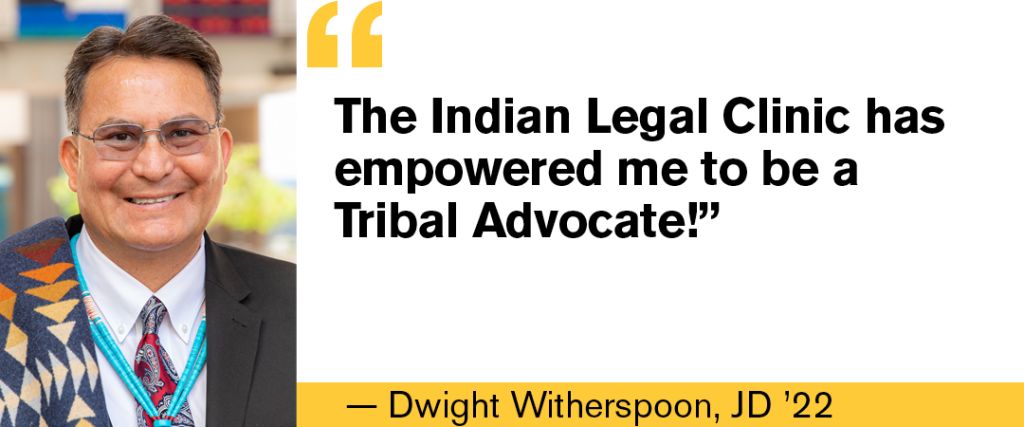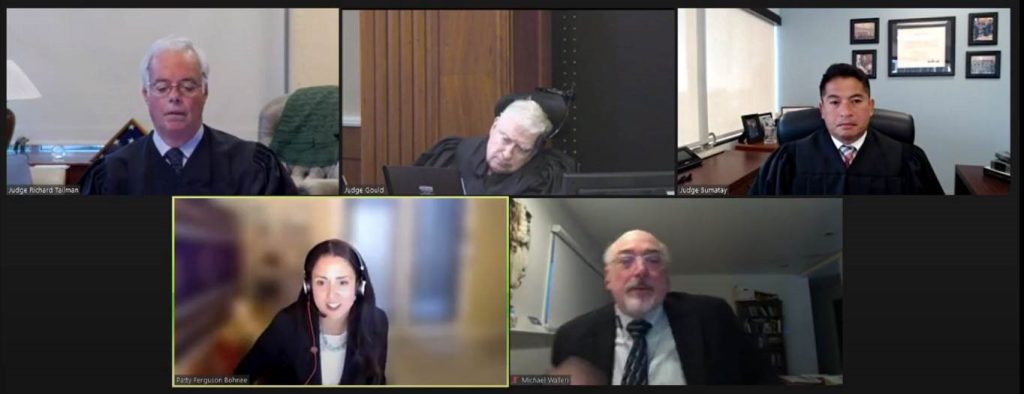There is an open board seat on the Native American Bar Association of Arizona (NABA-AZ) Board of Directors 2024-2026. Board members serve 2 year terms, which begin immediately following the Annual Meeting, and are expected to provide significant contributions to the organization’s activities and mission.
If you are interested in serving on the Board of Directors, please email a letter of interest to Simon Goldenberg at simon.goldenberg@srpmic-nsn.gov by Oct. 1, 2024
Pursuant to the NABA-AZ Bylaws, Board members should meet the following requirements:
- shall be a General Member in good standing with the Association
- A General Member must be recognized by a Native community as being a Native American, Native Hawaiian, or Alaska Native and must also be a licensed attorney, judge or a tribal court practitioner admitted in good standing in tribal court in Arizona.
- should be someone who can address and support the distinct, unmet needs of the Association
- should be someone with leadership skills demonstrated by successful participation in an NABA-AZ committee, another bar association, experience on the board of directors of other nonprofit organizations, or other community efforts
- should participate fully and even aggressively on behalf of the NABA-AZ. The ability to attend Board meetings, the willingness to serve on Board committees, the desire to achieve good working relations with the Board of Directors and Officers and the commitment individually to take such steps as are necessary to promote the mission of NABA-AZ shall be measures of the requisite participation.

